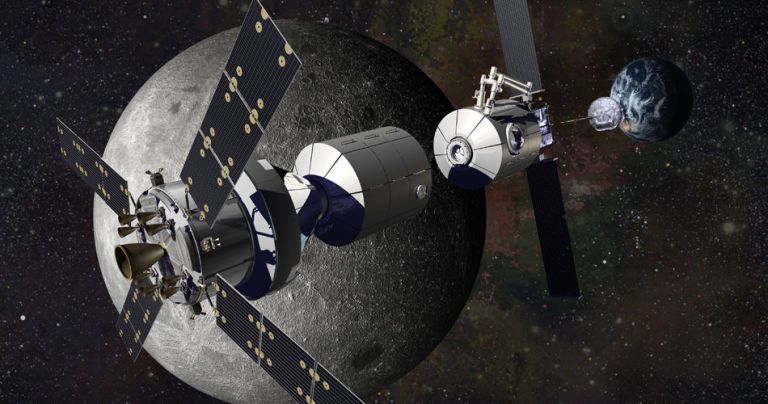Thursday April 19 Russia's Duma will also consider counter-sanction legislation which in part would end RD-180 engine sales to ULA (Atlas V) and RD-181 engine sales to OrbitaI ATK (Antares).
The effect of either embargo is questionable as both have stockpiles and are fielding new launchers; Vulcan and OmegA, within the next 2 years.
Additionally, SpaceX's Falcon 9, Falcon Heavy and BFR; Blue Origin's New Glenn and New Armstrong; a mystery vehicle from Stratolaunch; and numerous US small satellite launchers, and the US is in good shape.
Now add about 6 crew-capable spacecraft in the pipeline....
https://arstechnica.com/science/2018...launch-market/
The effect of either embargo is questionable as both have stockpiles and are fielding new launchers; Vulcan and OmegA, within the next 2 years.
Additionally, SpaceX's Falcon 9, Falcon Heavy and BFR; Blue Origin's New Glenn and New Armstrong; a mystery vehicle from Stratolaunch; and numerous US small satellite launchers, and the US is in good shape.
Now add about 6 crew-capable spacecraft in the pipeline....
https://arstechnica.com/science/2018...launch-market/
Russia appears to have surrendered to SpaceX in the global launch market
As recently as 2013, Russia controlled about half of the global commercial launch industry with its fleet of rockets, including the Proton boosters. But technical problems with the Proton, as well as competition from SpaceX and other players, has substantially eroded the Russian share. This year, it may only have about 10 percent of the commercial satellite launch market, compared to as much as 50 percent for SpaceX.
In the past, Russian space officials have talked tough about competing with SpaceX in providing low-cost, reliable service to low-Earth and geostationary orbit. For example, the Russian rocket corporation, Energia, has fast-tracked development of a new medium-class launch vehicle that it is calling Soyuz-5 to challenge SpaceX.
On Tuesday, however, Russia's chief spaceflight official, Deputy Prime Minister Dmitry Rogozin, made a remarkable comment about that country's competition with SpaceX.
"The share of launch vehicles is as small as 4 percent of the overall market of space services," Rogozin said in an interview with a Russian television station. "The 4 percent stake isnt worth the effort to try to elbow Musk and China aside. Payloads manufacturing is where good money can be made."
>
As recently as 2013, Russia controlled about half of the global commercial launch industry with its fleet of rockets, including the Proton boosters. But technical problems with the Proton, as well as competition from SpaceX and other players, has substantially eroded the Russian share. This year, it may only have about 10 percent of the commercial satellite launch market, compared to as much as 50 percent for SpaceX.
In the past, Russian space officials have talked tough about competing with SpaceX in providing low-cost, reliable service to low-Earth and geostationary orbit. For example, the Russian rocket corporation, Energia, has fast-tracked development of a new medium-class launch vehicle that it is calling Soyuz-5 to challenge SpaceX.
On Tuesday, however, Russia's chief spaceflight official, Deputy Prime Minister Dmitry Rogozin, made a remarkable comment about that country's competition with SpaceX.
"The share of launch vehicles is as small as 4 percent of the overall market of space services," Rogozin said in an interview with a Russian television station. "The 4 percent stake isnt worth the effort to try to elbow Musk and China aside. Payloads manufacturing is where good money can be made."
>




Comment